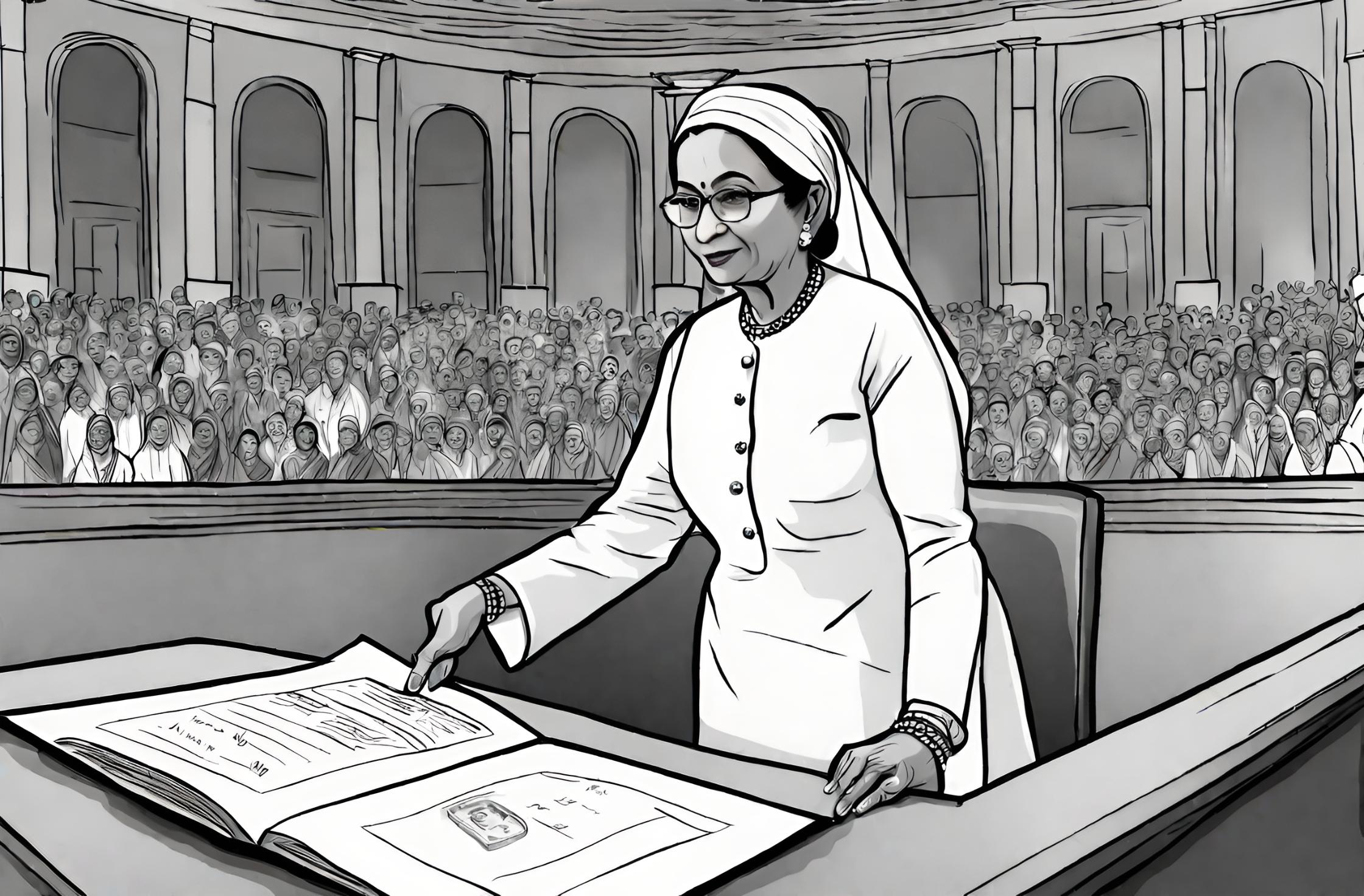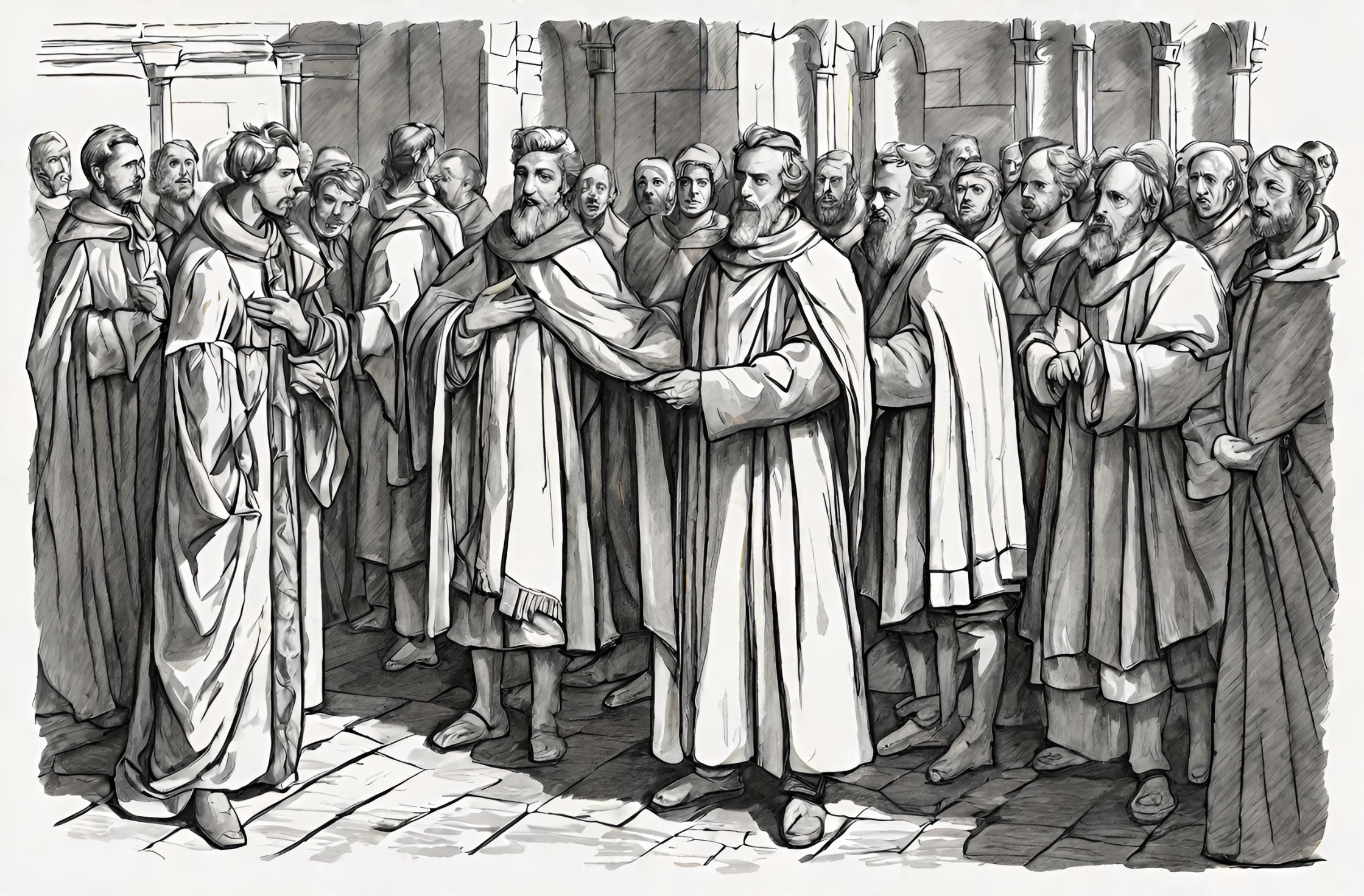Flashback to July 25
World History

On July 22, 1917, a significant event took place in Russia’s history as Alexander Kerensky became the Russian Prime Minister. This event marked a crucial turning point in the country’s political landscape during the time of the Russian Revolution. Alexander Kerensky’s rise to power and subsequent actions had a profound impact on the fate of Russia and its people.
Alexander Kerensky, a lawyer by profession, was a prominent figure in the Russian Socialist Revolutionary Party. Prior to becoming Prime Minister, he had been a member of the Provisional Government, which was established following the abdication of Tsar Nicholas II. As a member of the government, Kerensky initially served as Minister of Justice and later became Minister of War.
The appointment of Kerensky as Prime Minister came amidst a tumultuous period in Russia’s history. The country was in the midst of political unrest, with various factions vying for power. The Bolsheviks, led by Vladimir Lenin, were gaining popularity and seeking to overthrow the Provisional Government.
Kerensky’s appointment was seen by many as an attempt to bring stability to the government and bridge the gap between different political factions. However, his time in power was marred by indecisiveness and the inability to address the growing dissatisfaction among the Russian people.
One of Kerensky’s most significant actions as Prime Minister was his decision to launch the Kerensky Offensive. This military campaign aimed to boost morale among the Russian soldiers by achieving a victory against the Central Powers during World War I. However, the offensive ultimately ended in disaster, resulting in heavy casualties and a significant loss of territory for Russia.
The failure of the Kerensky Offensive further eroded Kerensky’s popularity and undermined his authority within the government. It also provided an opportunity for the Bolsheviks to strengthen their position and rally support among the disillusioned Russian population.
As the Russian Revolution unfolded, Kerensky’s government faced increasing pressure from both the Bolsheviks and other political factions. The October Revolution, led by Lenin and the Bolsheviks, eventually led to the overthrow of the Provisional Government and the establishment of a socialist state in Russia.
Kerensky’s tenure as Russian Prime Minister came to an end with the triumph of the Bolsheviks. Following the October Revolution, he fled the country and lived in exile for the rest of his life. Despite his initial efforts to bring stability to Russia, Kerensky’s leadership ultimately proved ineffective in the face of mounting challenges and the rise of more radical political forces.
The event of Alexander Kerensky becoming the Russian Prime Minister on July 22, 1917, marked a critical moment in Russia’s political history. It represented an attempt to establish a stable and inclusive government during a period of intense upheaval. However, Kerensky’s inability to address the country’s mounting issues and the failure of his military campaigns played a significant role in the Bolsheviks’ rise to power and the subsequent establishment of a socialist state.
We strive for accuracy. If you see something that doesn't look right, click here to contact us!
Sponsored Content

Pratibha Patil is sworn…
On July 25, 2007,…

Henry IV of France…
On 7/25/1593, Henry IV…

K.R. Narayanan is sworn-in…
On 7/25/1997, K.R. Narayanan…

Jews are expelled from…
On 7/25/1670, a significant…

The Japanese daimyō begin…
On June 17, 1869,…

George Stephenson builds the…
"Explore the revolutionary moment…

